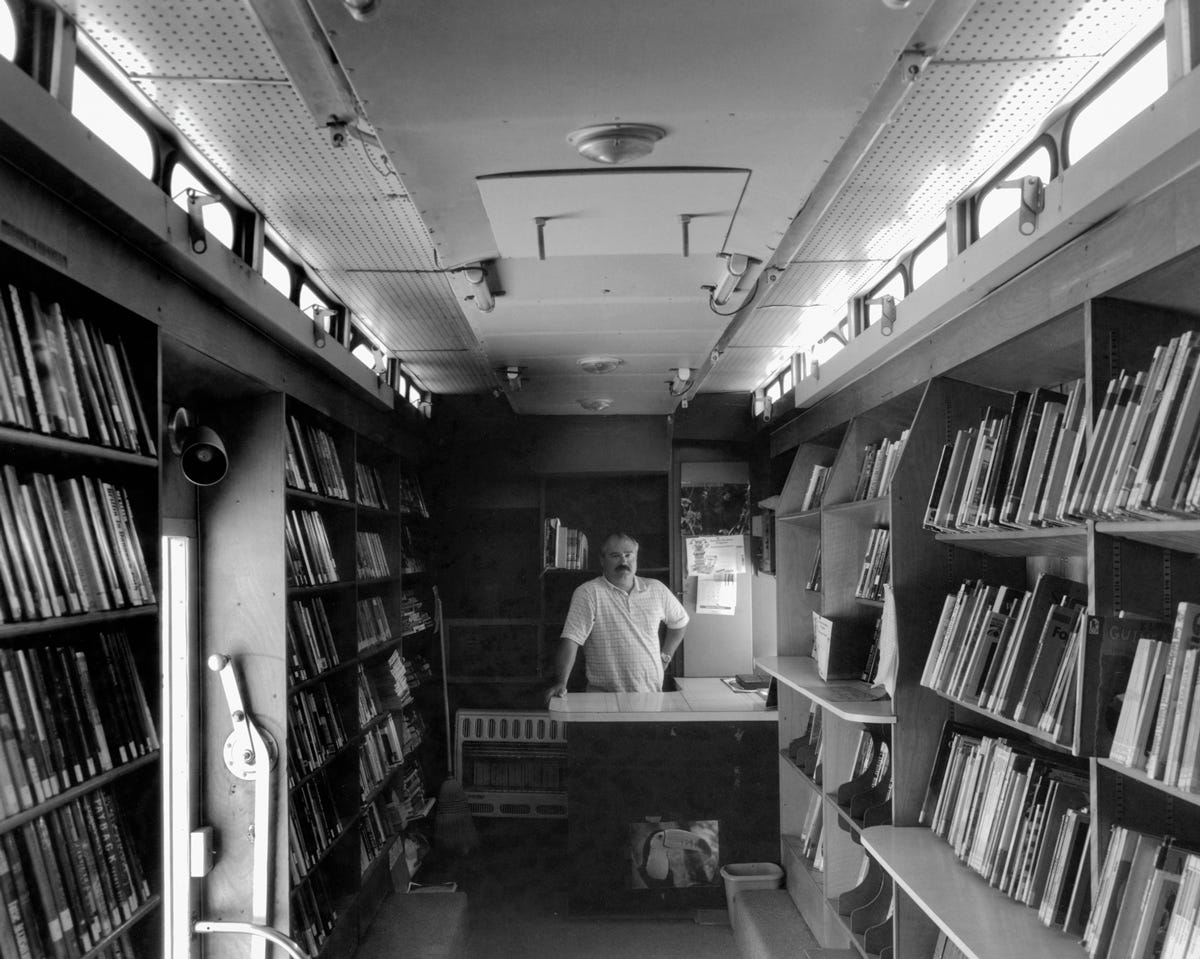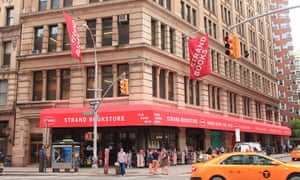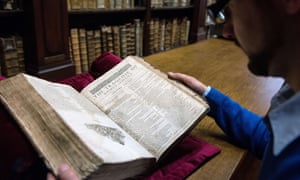
Richard Reyes-Gavilan, executive director of the D.C. Public Library system, is changing the way the city’s residents interact with its libraries. (Greg Kahn/GRAIN/for The Washington Post)
A year ago, Richard Reyes-Gavilan was standing in an upstairs dining room at the Hamilton, a trendy downtown eatery. He’d come to talk to a roomful of business owners and civic leaders about that building.
“I’m sure you’re all familiar with MLK,” says Reyes-Gavilan, the executive director of the D.C. Public Library, using shorthand for the Martin Luther King Jr. Memorial Library, the dreary, well-worn, four-story central library two blocks west of Verizon Center. Despite being designed by celebrated 20th-century modernist Ludwig Mies van der Rohe, the boxy structure is known less for its collection and more for its down-on-their-luck clientele who has inspired a lengthy list of restrictions on behavior such as bringing in bedrolls or “emanating an odor that can be detected by a reasonable person, from six feet away.”
“It was outdated the day it opened,” he tells the room. “It has been an unloved structure for a long time.”
He pauses.
“But it has always had potential.”

 This is a post that I’ve been working in various forms for about 3 years. There’s a lot of background and explanation here and I’ll even cite my sources where I can. Essentially, I’m going to make the claim that advocacy and politics in America has been hijacked by a sadly necessary extremism and that for libraries to continue to exist as we know them we need to get on board with the rhetoric. If we don’t learn to start to talk about libraries in a severely emotionally meaningful way that engages and activates our most impassioned supporters, libraries will be next on chopping block. We can’t allow this to happen because libraries are one of the few truly great institutions to come out of the American Government.
This is a post that I’ve been working in various forms for about 3 years. There’s a lot of background and explanation here and I’ll even cite my sources where I can. Essentially, I’m going to make the claim that advocacy and politics in America has been hijacked by a sadly necessary extremism and that for libraries to continue to exist as we know them we need to get on board with the rhetoric. If we don’t learn to start to talk about libraries in a severely emotionally meaningful way that engages and activates our most impassioned supporters, libraries will be next on chopping block. We can’t allow this to happen because libraries are one of the few truly great institutions to come out of the American Government.






